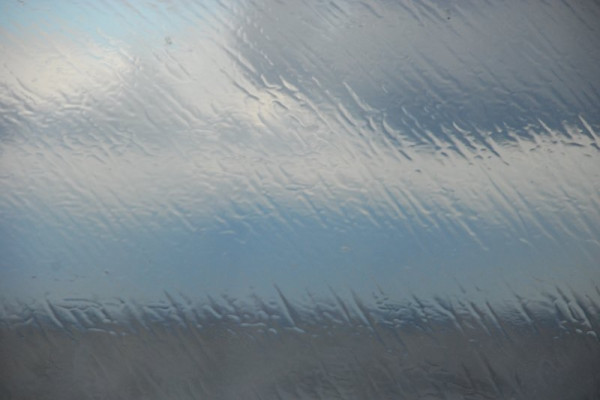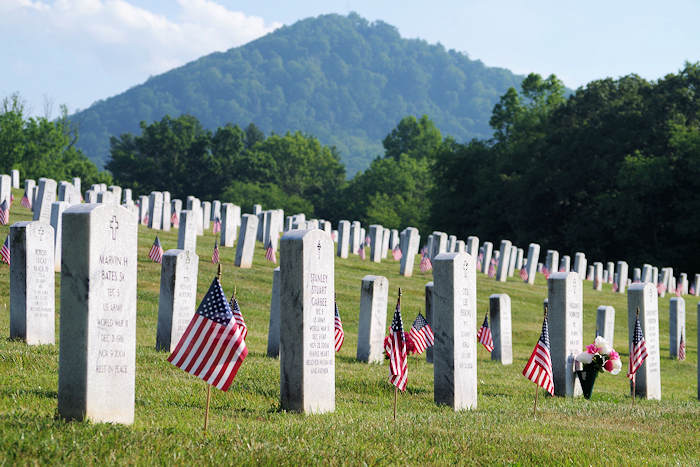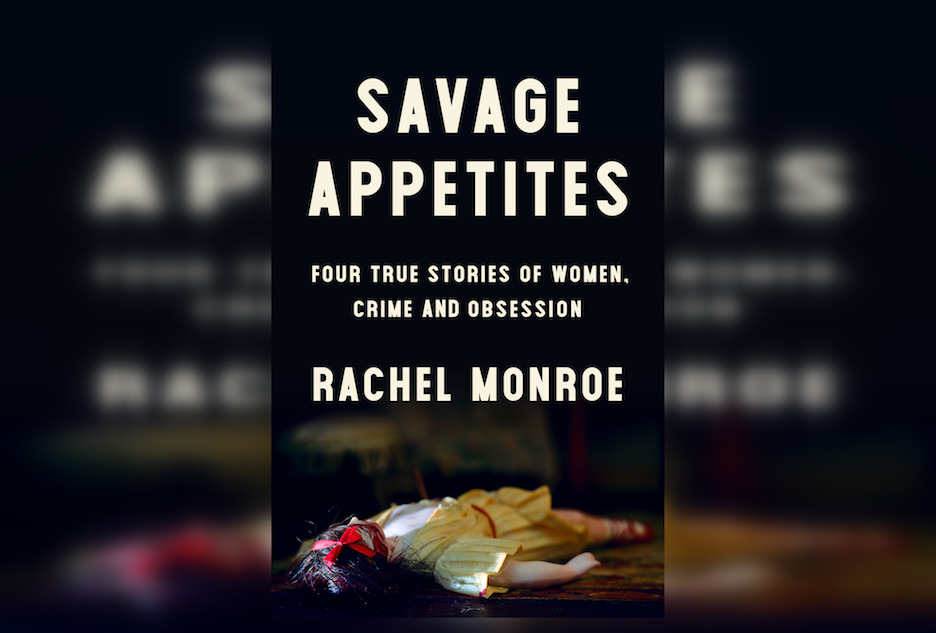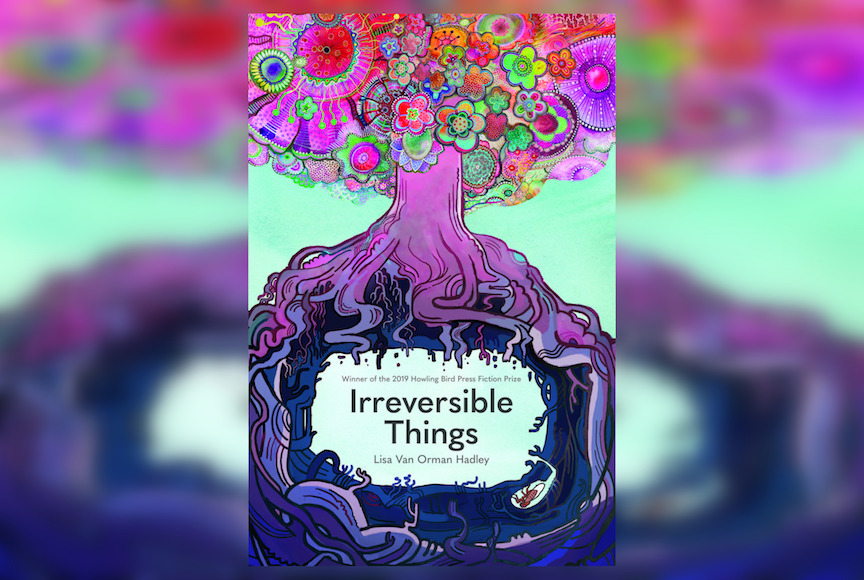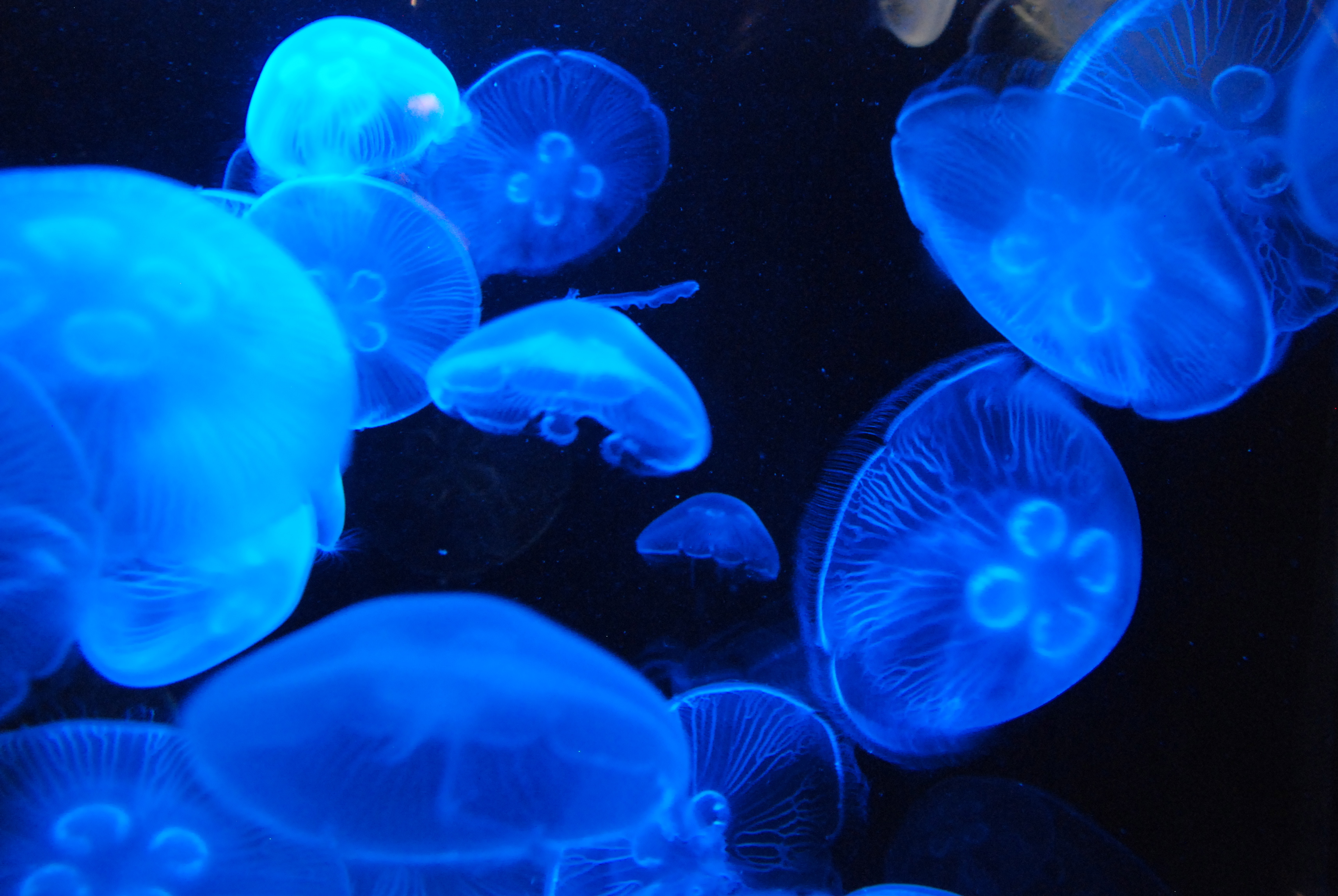And just as quickly as the clouds had formed the day before—the clear sky having seemingly gone against the practices of nature, creating something out of nothing, this something being a sudden body of darkness that we could see a long way off, a sheer divide between opposite states of the sky, which within moments had been blown by a southerly wind into our path, pouring forth a sheet of rain so thick it could very well have been a waterfall’s cascade (allowing me to understand why in Iceland they say, “If the weather is bad, wait five minutes, and it will get a whole lot worse”), forcing us to take shelter within mere minutes of having begun our ascent of the glacier to the valley beyond, (and luckily we had those few minutes to pull out the tarp under which we could all hide until the rain stopped, and had we not done so, we could have very well been forced to turn back at that very moment, soaked through our last pairs of clothes after months of atrocious weather, leaving us with broken spirits in this last week of our adventure)–––they dissipated into a landscape unlike any other we had ever seen.
We were no longer walking blind in a dense fog that left us in an empty space of pure white, any footprints that we could have followed having been covered by a fresh bout of snow that crunched beneath our feet as we traversed the thickest part of the glacier, our map offering little help with no piece of visible scenery by which to mark our current location. Now we could see where we were headed, towards the tiny dot of an unnamed town that beckoned from the crumpled paper we carried with us, hidden by the sharp-peaked mountains and rocky traverses of the inner valley of Pórsmörk, and yet we knew we still had a long way to go, perhaps as many as eight hours in terrain perfectly suited for breaking ankles, which was the last thing we needed after four days of the most difficult climb we had ever attempted. We were all exhausted, and had any of us fallen victim to as much as a twisted knee, an incredibly likely and real fear now that our tiredness left us with less caution to avoid the moss-covered holes which we came across often, there would be little strength to go around to bring the injured man down the steep slopes that now presented themselves before us, let alone to call in for help if we truly needed it, having not seen a soul, let alone a four-legged animals for three days, having no working phones, and with not so much as a road in sight (paved or unpaved). But the view we were granted with the dissolution of the fog ––– a landscape of rippling greys and greens, stones in spectacular formations from thousands or millions of years of ice-melt, one in particular in the shape of an upturned thumb, another a freestanding, hollowed-out ring, all covered by a thick layer of the greenest moss, greener even than tropical limes or absinth, and the most spectacular and peculiar of all, a plateau the likes of which I had only ever seen in pictures of the Venezuelan mesas, round and perfectly flat, a shining platter in the midst of sharp, tapered vases, along which a single line of a beaten path divided it perfectly in two ––– left us in a state of pure joy if it can indeed be described as anything at all, hiding whatever fears we had, whatever heaviness we felt in our legs, replacing the breathlessness caused by exertion with the breathlessness of embracing a wonder never before witnessed, the closest thing to what may be the ever-elusive true love, granting us renewed strength, a strength we had not felt since we first walked into the storm, a strength by which no doubt monarchs are both appointed and toppled, empires created and destroyed. And the sun emerged high over it all, and if we were not already warmed by our newly invigorated blood, then we were now, and the sun beckoned our descent, drew us down and down, each and every fiber in our bodies longing to become a part of this new landscape that stretched before us, and the only way forward was to trust the sun and follow it, like our early ancestors who left their homes, explorers in an alien world once they had crossed their known borders, walking and walking until they found whatever it was that they were looking for and settled down to give birth to us: a living testament to what they endured to give us a life more desirable than theirs, creatures within whom this desire to see what lies beyond our limits, both of strength and territory, remains.
The descent may have been as demanding as the ascent, hitching ropes into the rock when ravines became too steep as we made our way up to the mesa, but none of that mattered anymore, for now we were enjoying ourselves, the sun fueling our muscles as much as the peanut butter we swallowed with gulps of glacial water we had collected, our packs becoming light, a mere tickling reminder on our backs that we had come this far, and in this excitement the world flew by in blurs of color and forgotten details, the occasional blue-petaled flowers (for as we reached a lower altitude, the flowers were there to greet us in increasing numbers) ingraining themselves in my mind along with the buzzing of insects, which I never thought I would miss. And when we picked up our route along a river that emerged from the rock, flowing from the glacier atop which we had stood not a day before, the day came to an end, and in the twilight hours we were on level ground again, a shock to our quivering legs which could finally give out, like a dying friend who waits until all have said goodbye before passing on, and in a heap we collapsed in a field of soft grass, exchanging weak jokes that brought laughter nonetheless, the remainder of our energy seeping out into the night between us, three travelers: spent and weary, reliving all that had come to pass since the clouds had first formed at the base of the glacier.
—
Christopher Impiglia is a recent MFA graduate in Fiction from the Writing Program at the New School for Public Engagement. He completed his undergraduate education at the University of St Andrews in 2011, majoring in Medieval History and Archaeology, and has since sought to combine his two disciplines, writing under the influence of the wonders of the past. His interests have brought him across the globe, from the foothills of Tibet to the Highlands of Scotland, and everywhere in-between. He writes on art, food, travel, history, and sport, and his articles have been published in Fairweather Magazine, the Inquisitive Eater, and on Bleacher Report. Other published works include the The Song of the Fall, an Epic Poem (Tate Publishing, 2011) and an introduction in Giancarlo Impiglia, Paintings for the Queens and Other Collected Works (Lily Publishing, 2012).
